It Takes A Village: The Poetry Basket in North Somerset
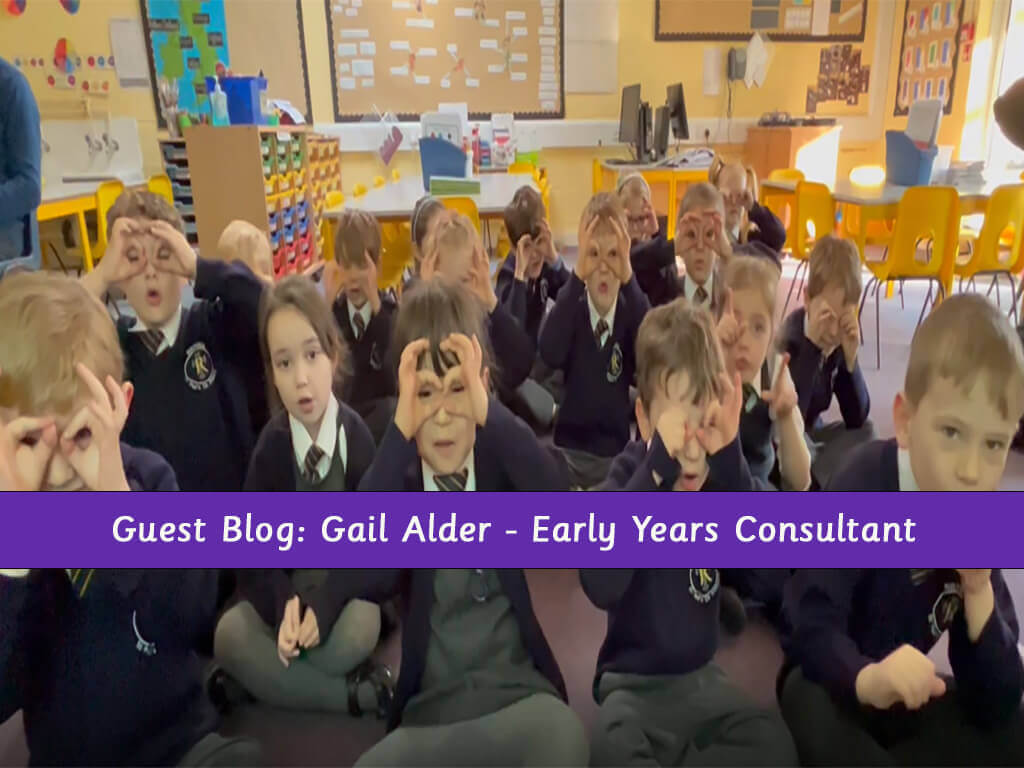
‘We’ve just had a report come out from one of our childminders who has maintained outstanding. I think she’s one of the first in the county, and the report says the children shared their favourite poems.’
Gail Alder, Early Years Consultant, has been spreading the word about The Poetry Basket in North Somerset. It has now been implemented in nurseries, pre-schools, receptions, Family Wellbeing Hubs, childminding settings, as well as through parents and 0-5 Home Start volunteers working with vulnerable families. Gail has made 12 key poems from The Poetry Basket the focus across these settings. In doing so, she hopes to revive the mantra that it takes a village to raise a child, and sees the programme as vital to early years language development.
Why is the Poetry Basket so important to you?
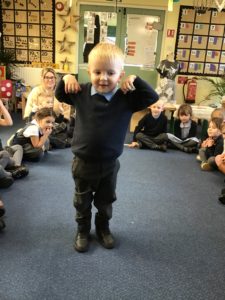
I think as a society we are potentially – and accidentally – failing our children, particularly in the development of their language. It’s something we’ve noticed across our settings in North Somerset – from childminders and children’s centres to nurseries and preschools. Children’s language when coming into settings was getting worse, which really could be for a number of reasons – buggies that face outwards, screen-based activity, and the general move away from face-to-face communication. Through no one’s fault in particular, we’ve stopped thinking about the mechanics of language and how important it is for children’s development.
The importance of songs and rhymes in childhood has also started to erode – the tradition of learning Humpty Dumpty and Baa Baa Black Sheep just isn’t as strong in early years settings anymore. So when The Poetry Basket came along, it felt like a very simple way of injecting new songs and rhymes into the everyday life of both young children and practitioners. If children know eight nursery rhymes by heart by the time they’re four years old, they’re usually among the best readers by the time they’re eight. We’ve focused on twelve poems in particular. So, if the children of North Somerset know twelve – plus any that they’ve learnt through their own cultures – by the time they’re eight, then that’s fantastic.
How has The Poetry Basket spread across the county?
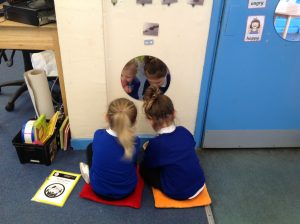
We knew we wanted it to be a county-wide project, but it’s difficult when there are so many initiatives going on at once and people get bombarded. But this was about children’s language – one of the prime areas where we can really affect change in young children’s lives – so we were determined.
We spoke to all of our partners, from children’s centres and health visitors to our speech and language team, and then just focused on contacting everybody who was involved in the language development of our earliest children. That also included foster carers and 0-5 HomeStart volunteers who are working in the home with some of our vulnerable families, and of course preschools, nurseries, childminders and primary schools. We were amazed at how many people came back and said, yes, we’d like to be a part of this. Since then it’s kind of snowballed, really, and we’ve been running to keep up with it since. It’s grown a life of its own.
How did practitioners respond?
We were amazed at the reception. It really seemed to capture the imagination of our practitioners, and they enjoyed engaging with it because it was so simple. The Poetry Basket came for us at a time where we needed CPD to go back into the sector in a straightforward way, when it was chronically underfunded and unloved. At the same time, we wanted to do something that would have a direct impact on the development of our children’s language in our early years settings. The Poetry Basket did both. We have received so much positive feedback.
What would you say to anyone considering The Poetry Basket?
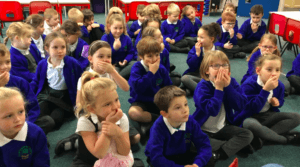
I would tell them that it is a wonderful thing to be a part of – just a way of being a brilliant practitioner, so why wouldn’t you?
While children are at the heart of everything we do (and anything else is a bonus), The Poetry Basket ties into so many vital frameworks. When I was pitching The Poetry Basket to the county, I pulled out wording from the Ofsted material. There’s such a huge focus on enriched vocabulary now and on practitioners being skilled in storytelling and rhymes, enriching their own vocabulary to give that enriched experience to children. And we are really seeing that play out in the Ofsted inspections that we’ve had recently. While they can’t specify programmes, or push one way of learning over another, we’ve received some great verbal feedback praising The Poetry Basket. In fact, we’ve just had a report come out from one of our childminders who has maintained outstanding. I think she’s one of the first in the county, and the report says the children shared their favourite poems.
About The Poetry Baskets:
The Poetry Basket and The Poetry Basket 2 each consist of 36 poems with actions suitable for children aged 3 to 6. The Poetry Basket follows the seasons of the year, while The Poetry Basket 2 contains poems on dinosaurs, space and other child-friendly topics.
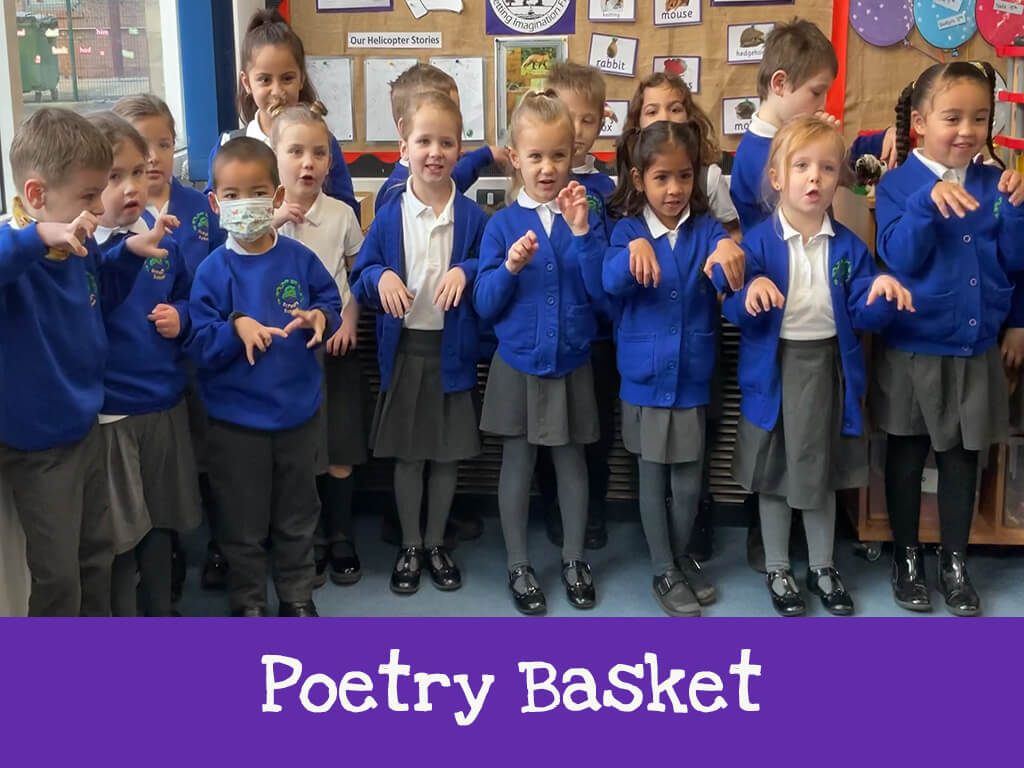
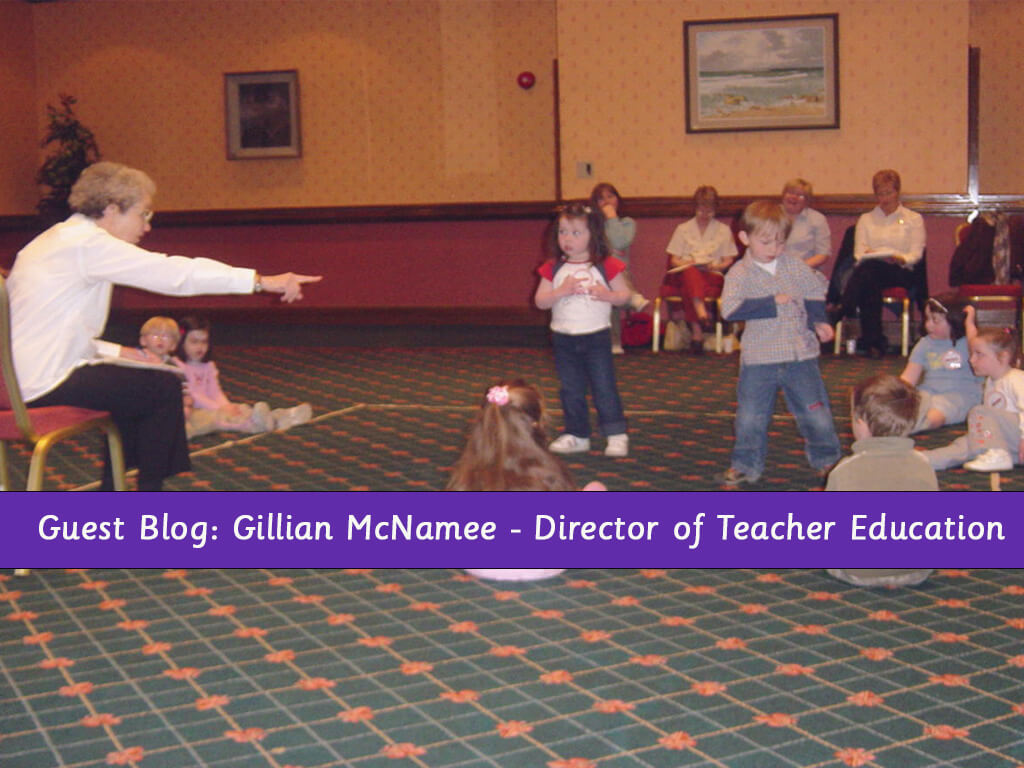
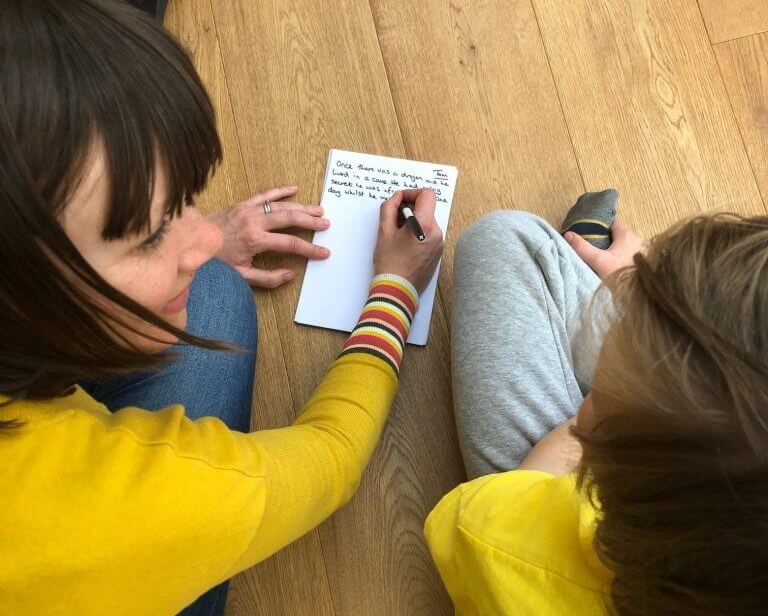
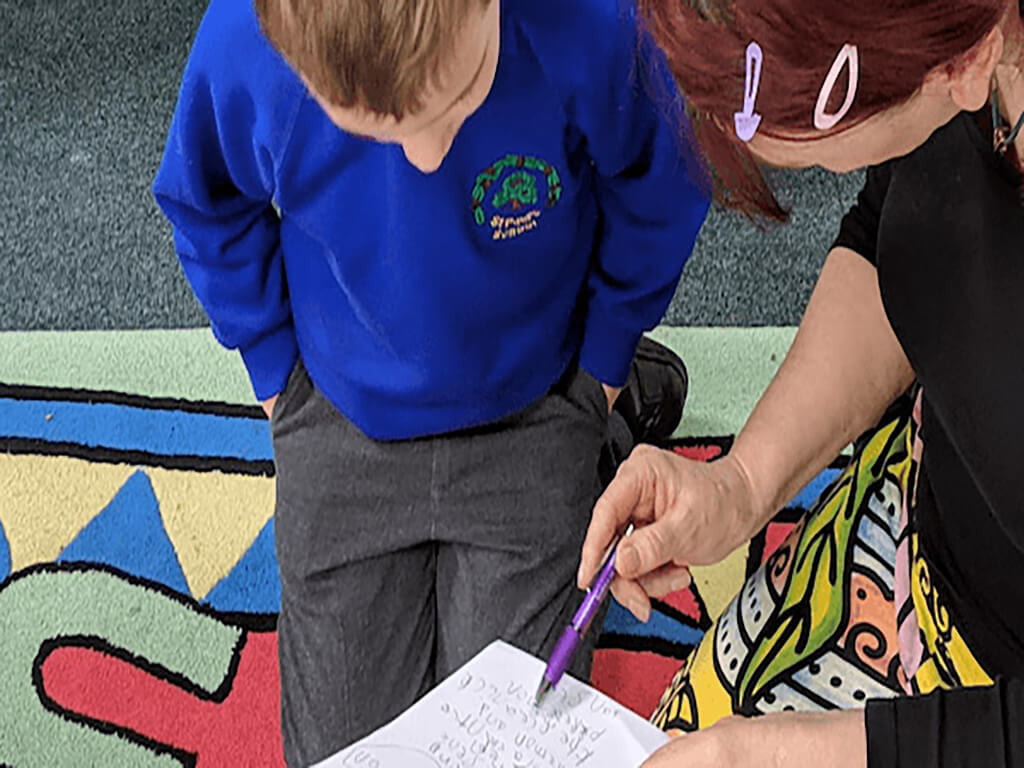
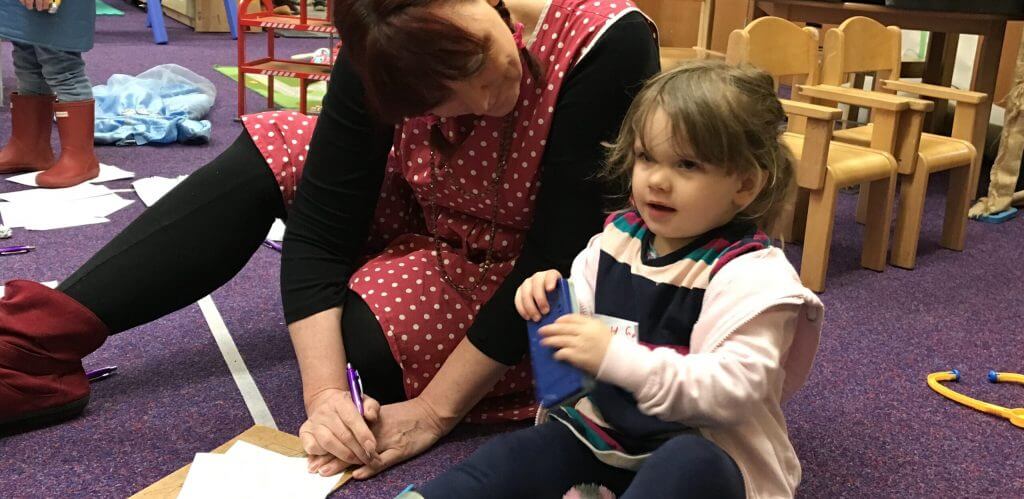
Responses